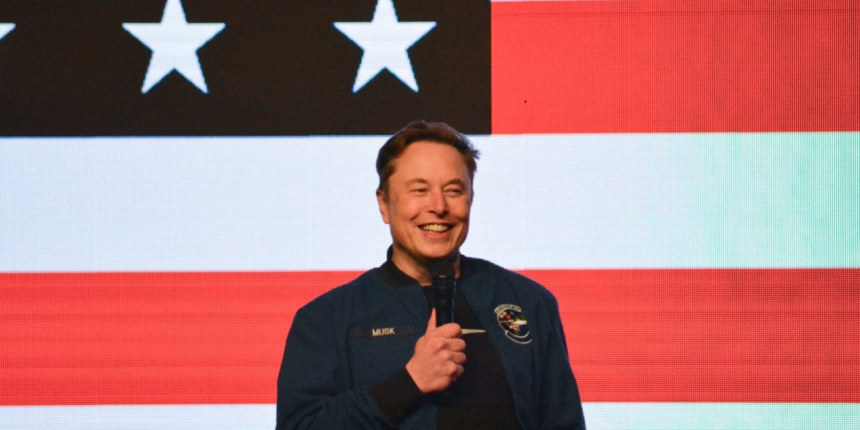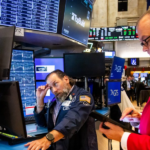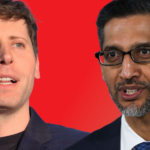The so-called Washington consensus that touted the benefits of free trade and fiscal discipline looks headed for the dustbin of history.
That’s as President Donald Trump has launched a stunning trade war and pushed through a tax-and-spending bill with Republican support that will add trillions to the deficit.
Meanwhile, Democrats are still grappling with their own message as they continue to reel from Trump’s brand of populism that returned him to the White House. The turmoil points to a clash between competing visions for a new economic consensus.
Mark Blyth, a political economist at Brown University, sees the economy heading for an epochal change, though a dominant economic order has yet to fully take shape.
Such churn was on display this weekend as top tech leaders Elon Musk and Sam Altman signaled their dissatisfaction with the current two-party system.
At the same time, he advanced his own vision.
“I believe in techno-capitalism,” Altman wrote. “We should encourage people to make tons of money and then also find ways to widely distribute wealth and share the compounding magic of capitalism. One doesn’t work without the other; you cannot raise the floor and not also raise the ceiling for very long.”
In Blyth’s view, a new economic order is not yet discernible, because the governing idea is still being debated.
He described the MAGA vision as a combination of 1950s manufacturing, 1940s immigration and workforce trends, plus a touch of 19th-century, mercantilist “spheres of influence” foreign policy.
Meanwhile, the Democrats still seem to represent the institutionalist status quo, he added, though Rep. Alexandria Ocasio-Cortez and Sen. Bernie Sanders are pushing another option of left-wing populism.
The intra-party crosscurrents were highlighted recently when Mamdani, a self-described democratic socialist, stunned the Democratic establishment last month when he won the city’s primary with his own brand of populism that includes making bus service free, freezing rents on rent-stabilized apartments, nearly doubling the minimum wage to $30, building city-owned grocery stores, and hiking taxes on the top 1% of earners in the city.
By contrast, California Gov. Gavin Newsom and Democratic allies in the liberal bastion passed reforms to a landmark environmental law last week that will make it easier to build more housing, as state leaders acknowledged the need to boost supply in the face of high costs.
“A new economic order is forming—which means that it is not yet fixed and can still be shaped,” Blyth wrote. “But time is running out. As jumbled as the regressive modernization is, it could win the day if we do not come up with a different governing idea of what the economy is and whom it is for.”









